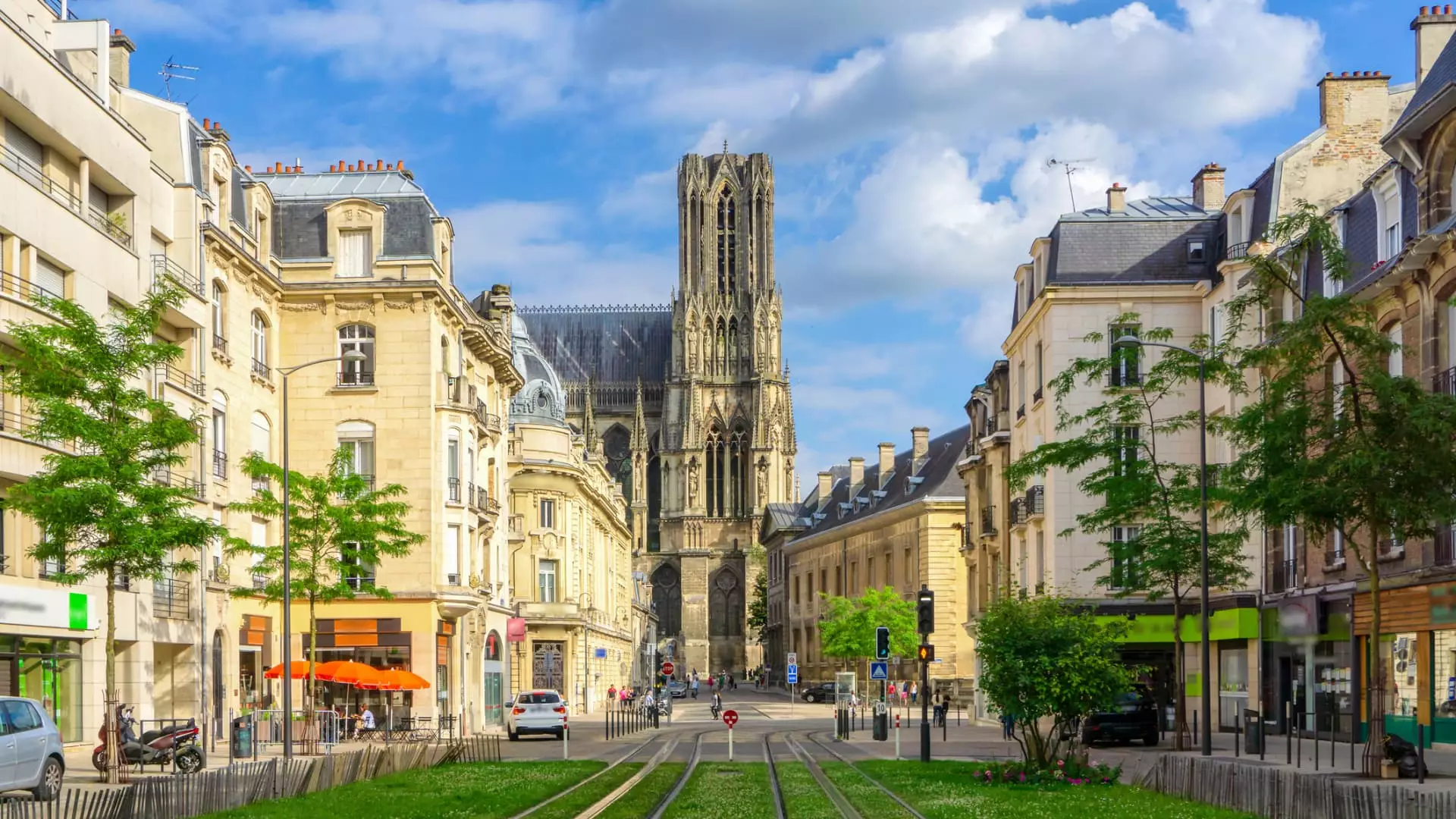The travel landscape is always in flux, but recent reports indicate a significant shift in traveler preferences. For years, iconic destinations like Bali, Paris, and Rome dominated the travel agenda as travelers planned extravagant trips to tick bucket-list items off their lists. However, emerging data from notable sources such as Expedia and Booking.com reveals a new direction. Instead of flocking to well-trodden tourist havens, many are opting for quieter, lesser-known locales. This evolving mindset resonates with individuals seeking a more authentic and serene travel experience, highlighting a growing appetite for exploration beyond the mainstream.
Data from Expedia’s “Unpack ’25” report indicates that a striking 63% of travelers are considering off-the-beaten-path destinations for their next adventure. The survey, which gauged the opinions of 25,000 people from 19 countries, showcases increasing interest in places like Reims, Brescia, and Cozumel—locations that offer charm without the crowds. James Marshall, VP of global air accounts at Expedia, points out that travelers are actively seeking alternatives as popular destinations become overly saturated. This search for inspiration is not merely a quest for novelty; it’s a response to the desire for tranquility and exploration of less commercialized regions.
Beyond merely seeking out quiet spaces, many travelers are drawn to these lesser-known destinations due to their affordability. Greg Schulze, Chief Commercial Officer at Expedia Group, emphasizes that travelers can enjoy superior experiences at reduced costs by choosing these so-called “detour destinations.” As inflation and rising travel expenses weigh heavily on vacation planning, this newfound focus on budget-friendly options resonates with a broader audience. The lower price points often encourage exploration of local cultures, food, and traditions, fulfilling a growing consumer desire for authentic experiences.
The role of social media is pivotal in shaping travel preferences in this contemporary landscape. Influencers and trendsetters capitalize on platforms like Instagram and TikTok to showcase hidden gems that were previously overlooked. As these individuals conduct thorough research to unearth unique travel spots, their perspectives lead to a broader cultural shift. Marshall elaborates on this trend: “Social media amplifies a lot.” Visual storytelling fuels wanderlust as travelers become inspired to wander beyond traditional hotspots.
Moreover, a recent report by Booking.com supports these observations, indicating that 67% of adult travelers express interest in visiting less congested areas. This data aligns with a collective pivot towards exploring destinations that promise authentic engagement rather than superficial tourism experiences.
Interestingly, this paradigm shift embodies a broader philosophy known as JOMO, or the “joy of missing out.” Many individuals have reported that opting for less popular locations alleviates stress and fosters deeper connections with family and friends. An impressive 62% of those surveyed stated that JOMO travel not only enhances relaxation but also cultivates a sense of reconnection with loved ones. Spending quality time in vacation rentals equipped with homey amenities, such as pools, gardens, and scenic porches, is becoming increasingly appealing. This trend underscores a desire for authentic bonding away from bustling tourist traps.
As travelers continue to seek solace in lesser-known locales, several destinations are drawing heightened interest. United Airlines, for instance, is enhancing its international services to diverse territories such as Senegal, Greenland, and Mongolia as part of their efforts to cater to this growing demand. Patrick Quayle, United’s Senior Vice President, notes that savvy travelers are gravitating toward new experiences that differentiate their journeys from the typical European staples.
Destinations like Sanya, Troy, and Tromso are catching the attention of wanderers eager to experience new cultures and environments. By embracing these alternative travel choices, individuals can enrich their vacation experiences, move away from overcrowding, and create lasting memories in unique settings.
As travelers acknowledge the pressures of modern life and seek out solace in their adventures, the shift toward lesser-known destinations is poised to redefine future travel trends—where proximity to authenticity and personal connections takes precedence over mere spectacle. By embracing these evolving preferences, travelers can forge deep connections with the world around them, engaging with it in a way that speaks to their values and desires.


Leave a Reply